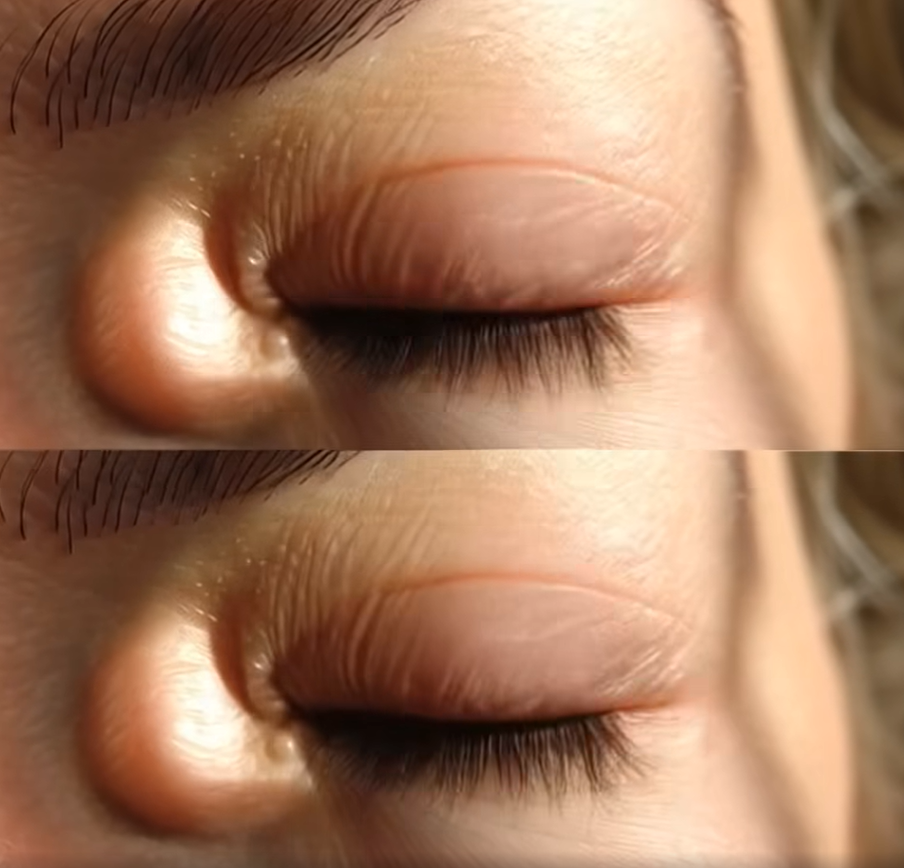Your Mouth and Your Health: Understanding the Subtle Clues You Shouldn’t Ignore
When we think about personal health, the focus often goes to heart function, fitness, or managing weight. However, one often-overlooked area is oral health, which plays a more vital role in overall wellness than many people realize.
Good oral hygiene — like brushing and flossing — is essential. But beyond that, the mouth can serve as an early warning system for other health conditions. In some cases, changes in the mouth may signal underlying issues that benefit from early professional attention.
Let’s explore why it’s important to stay aware of what’s happening in your mouth — and how that awareness can contribute to your long-term well-being.
The Mouth as a Window to Your Health
The mouth helps us eat, speak, and smile — but it also contains tissues and nerves that can reflect changes happening in the rest of the body. Areas like the gums, tongue, and inner cheeks can sometimes show signs of health concerns that aren’t immediately obvious.
In the same way that changes in skin or energy levels might prompt a checkup, unusual or persistent symptoms in the mouth should also be taken seriously. These early signs can be subtle, but recognizing them could lead to better outcomes through timely care.
Why Some Oral Health Issues Go Undetected
While conditions like cavities and gum disease are commonly recognized and treatable, others — such as abnormal cell changes in the mouth — may progress silently. These changes can occur gradually and may not cause discomfort at first, which makes them easy to miss.
That’s why it’s helpful to be informed and proactive. Early detection matters, and regular dental visits provide a key opportunity to catch problems before they become more complicated.
Expert Insight: The Importance of Awareness
According to Dr. Sajjan Rajpurohit, a respected medical expert in oncology and oral health, many early-stage conditions in the mouth present with subtle symptoms.
“Learning to notice these changes and acting early can greatly improve the chances of effective treatment,” he advises.
Signs Worth Discussing with Your Healthcare Provider
If something feels off in your mouth — and especially if it doesn’t improve after a couple of weeks — it may be worth checking in with a dentist or medical professional. Common symptoms to monitor include:
- Sores or ulcers that don’t heal within 14 days
- Red or white patches on the tongue or cheeks
- Numbness or tingling in the lips or mouth
- Lumps or thicker areas in the cheeks or near the jaw
- Unexplained difficulty speaking, chewing, or swallowing
These symptoms don’t automatically indicate a serious condition, but their persistence should not be ignored.
Prevention Starts with Routine Care
Seeing your dentist regularly is one of the best ways to support both oral and general health. In addition to cleaning your teeth, dental professionals are trained to spot potential issues before they become serious.
During a routine checkup, your dentist may perform a visual screening, gently press on areas around the neck and jaw, and ask about your habits and medical history. Regular screenings — especially twice a year — are recommended, particularly for those at higher risk.
Who May Be at Higher Risk?
Certain factors may increase a person’s likelihood of developing oral health issues. These include:
- Tobacco Use – Both smoking and chewing can irritate oral tissues over time.
- Frequent Alcohol Use – Alcohol, especially in combination with tobacco, may increase risk.
- HPV Exposure – Some types of the human papillomavirus can affect oral tissues.
- Poor Oral Hygiene – Inconsistent brushing and flossing can allow harmful bacteria to grow.
- Family History – Genetics may also influence a person’s oral health profile.
Everyday Habits That Support Oral Health
You can lower your risk and support a healthy mouth with a few consistent habits:
- Quit Tobacco – Stopping tobacco use is a major step toward better oral and overall health.
- Drink in Moderation – If you consume alcohol, do so in moderation based on your doctor’s guidance.
- Brush and Floss Daily – A basic routine of oral care is your first line of defense.
- Eat Nutritious Foods – A diet rich in vitamins and antioxidants supports your immune system.
- Stay Hydrated – Drinking plenty of water helps keep your mouth clean and healthy between brushings.
When to See a Specialist
If something unusual appears in your mouth and doesn’t go away within two weeks, a specialist may be recommended for further evaluation. This doesn’t necessarily mean anything serious is wrong — it’s simply a step to ensure thorough care and peace of mind.
Specialists may perform additional tests such as imaging or a biopsy to determine whether further action is needed.
What to Expect During a Screening
An oral health screening is typically simple and non-invasive. It may include:
- A visual inspection using a light and mirror
- Gentle palpation of the jaw and neck
- Questions about recent changes or symptoms
- Further testing if necessary
These exams are a great way to stay informed about your health and prevent future complications.
Conclusion: Listening to Your Mouth Matters
Oral health is more than clean teeth — it’s a reflection of your overall health. By paying attention to your mouth, you’re giving yourself a better chance of staying well.
Whether it’s noticing a subtle change, keeping up with dental appointments, or simply making healthier choices each day, your actions today can help safeguard your future well-being.
So the next time you check your smile in the mirror, take a moment to notice how your mouth feels — it might just be offering helpful insight into your overall health.
